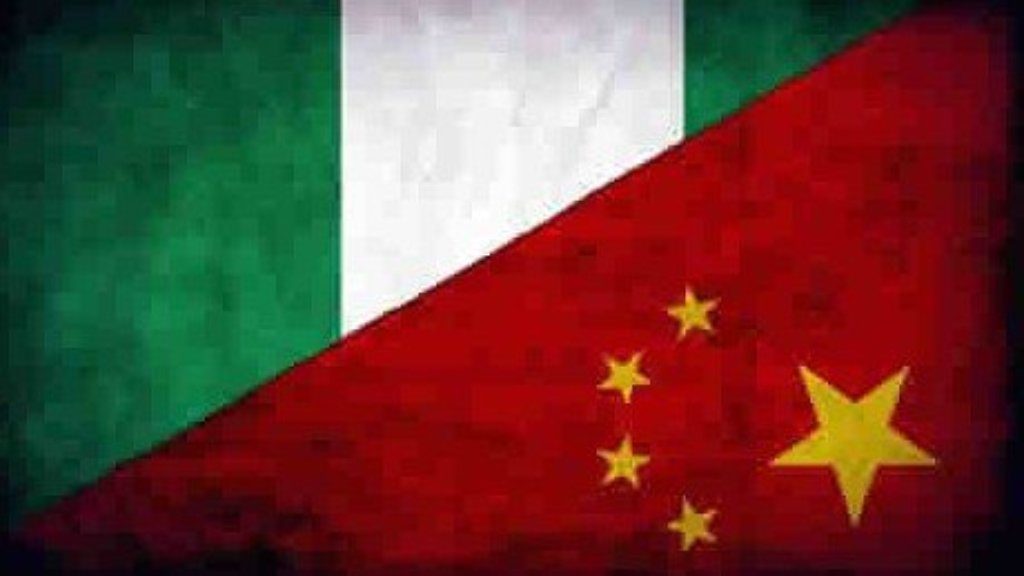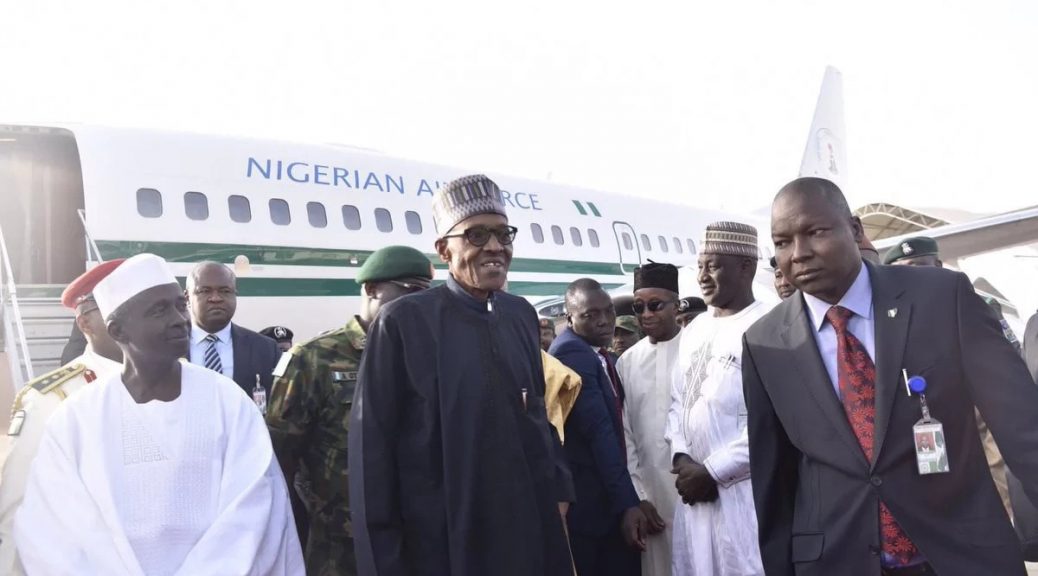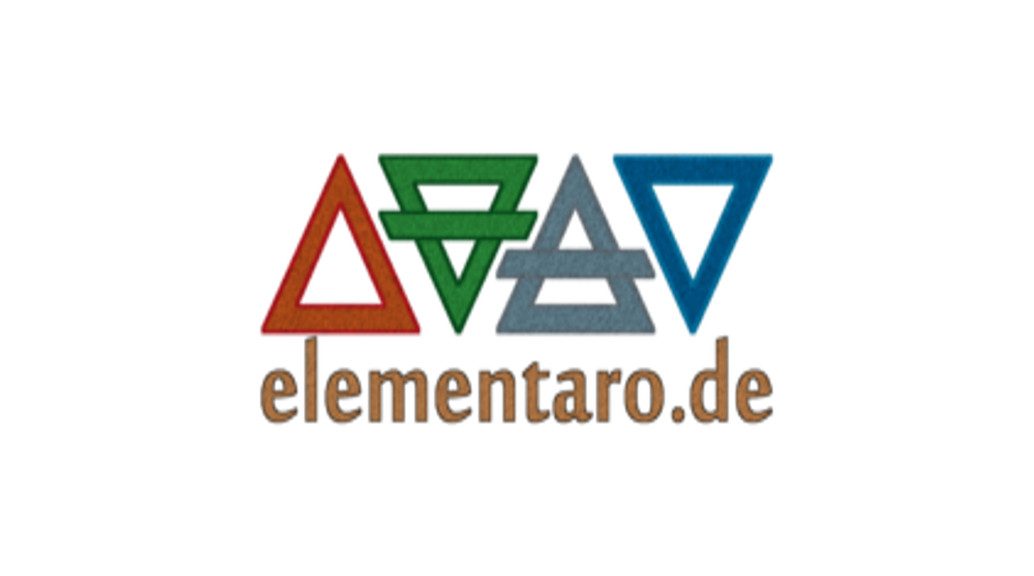China and Nigeria have agreed to put in place measures to tackle importation of substandard products into the country.
China and Nigeria Chamber of Commerce (CCCN) President, Ye Shuijin, stated this yesterday, while addressing reporters in Abuja. He insisted that most of the imported fake products were not made in China.
He said the Chamber and Standards Organisation of Nigeria (SON) have some agreements to check influx of substandard products into the country.
“Most of the substandard products that came to Nigeria are not from China because the Chinese government has well structured standards in place for its products.
“China products are of high quality, nonetheless the Chinese government is already cooperating with Nigeria to promote importation of quality products to Nigeria,” he said.
The quality of imported products, such as iron rods, bulbs, sockets, cables and fittings have always been allegedly traced to China.
SON raised an alarm last year that 40 per cent of electrical and electronic appliances imported into Nigeria “are substandard and have caused disasters with destruction to lives and property.”
It was also observed that all manner of uncertified food items are dumped in the country.
The National Bureau of Statistics (NBS), also said Nigeria spent N212.73 billion to import agricultural products in the last quarter of last year.
The Chamber chief therefor stressed the need to guide importers to do the right thing and not to import substandard products to Nigeria.
Shuijin urged the importers and the consumers to be vigilant and reject any noticed substandard products for the development of the economy.
The president said the chamber and the Chinese government always encourage investors from China to invest in the manufacturing sector and help in the development of the economy.
He said Nigeria, because of its population, has the market which he said was an added advantage to attract investors into the country.
Shuijin assured that more Chinese investors would be willing to invest in Nigeria.
Source: The Nation, 24th August 2017
 afric-Invest
afric-Invest


